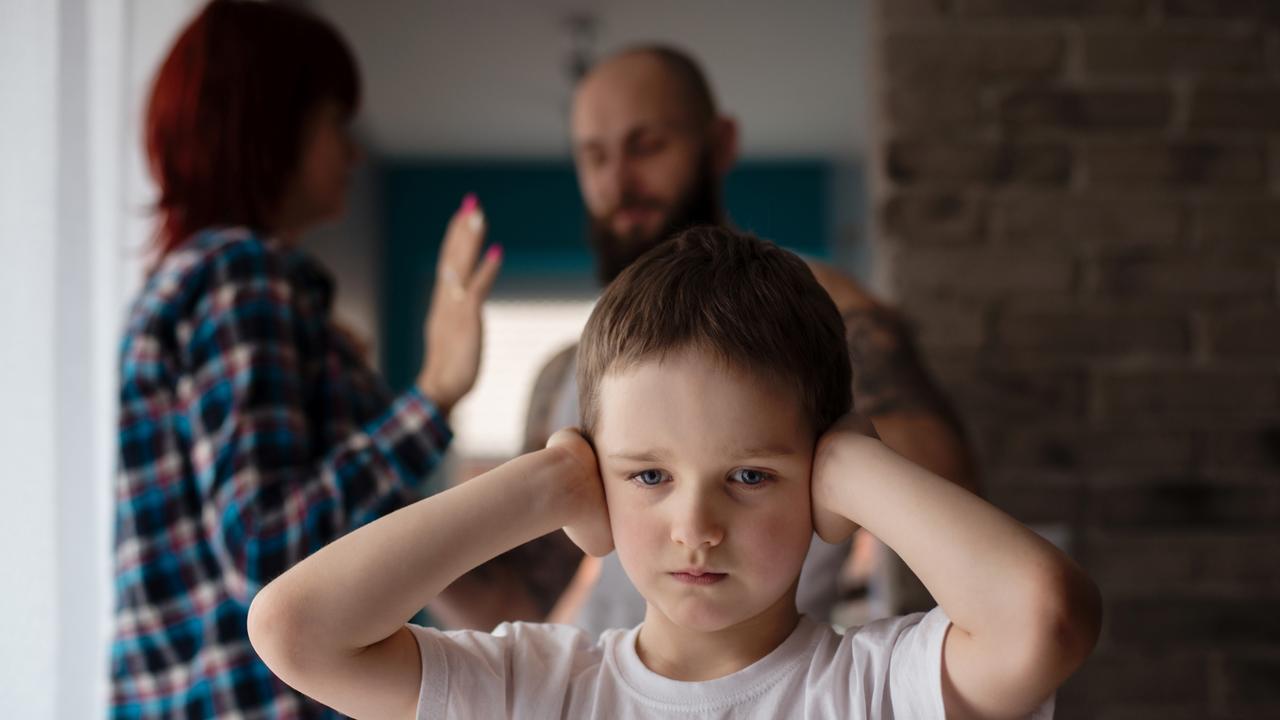Sisters in Law: Covid vaccine for kids – What to do if parents disagree
A NSW mum is worried her ex-husband, who is an anti-vaxxer, can prevent their child from being vaccinated once they become eligible.
Welcome to Sisters In Law, news.com.au’s weekly column solving all of your legal problems. This week, our resident lawyers and real-life sisters Alison and Jillian Barrett from Maurice Blackburn advise what to about an ex who doesn’t want his child vaccinated.
Question:
I separated from my husband before lockdown in 2020 and we co-parent a child together. Unfortunately, he is a covid-denier and an anti-vaxxer who refuses to get the vaccine. However, he has also said that he will never allow me to get our child vaccinated once they are eligible – they are under 12. Obviously, I want to get our child vaccinated as soon as I can and I’m not sure if my ex can prevent me from doing this. What are my legal rights on this? – Emma, NSW
RELATED: Can a child legally divorce their parents in Australia?

Answer:
Immunisation of children is an issue that can become emotionally charged and hotly debated between co-parents, particularly because these decisions are heavily based on individual values and beliefs.
Any dispute like this is usually best resolved out of court, due to the expense, time and stress associated with the court process.
It is not clear if you have any parenting plans or parenting orders in place, or whether the court has been involved at any stage, so we will give you general advice about your rights.
The law says that a child’s parents have equal shared parental responsibility, which means that you should make a joint decision about major issues such as health care.
It sounds like you both have staunch views about the appropriateness of the Covid-19 vaccine, and you will be unlikely to come to an agreement.
That said, the law requires you and your child’s father to attend mediation or family dispute resolution before going to court. There are various services you may be able to access through Legal Aid, Family Relationship Centres and community organisations.
RELATED: What to do if a family member borrows money

The aim of going through a mediated process is to come to an agreement about the issues in dispute and have a parenting plan or a consent order drawn up, signed and lodged with the court.
This plan is a written agreement that is unique to your circumstances that will detail very practical aspects of the responsibilities of both parents and how decisions will be made about your child.
The types of matters that are covered are very broad and include matters relating to health care such as immunisation.
After unsuccessful mediation you or your child’s father can apply to the Family Court for a parenting order, where a decision will be made by a Judge about these health care matters based on what is in the best interests of your child.
The Family Court has an urgent parenting matters list for disputes arising directly or indirectly because of Covid-19 (such as border restrictions affecting care), and this list includes disputes relating to vaccinations against Covid-19. This means it will be heard by the court quickly.
Currently in Australia, administration of the vaccine has not been approved for children under 16 years old so it is still early days in being able to predict what court decisions will likely be.

There have been other vaccine-related cases where parents cannot agree that end up in court.
In these cases, each parent has been required to support their position, to vaccinate or not, with medical evidence about the risks, or lack of risks, of vaccinating their child.
The sort of risks considered with vaccinating could include things like adverse reactions to the Covid-19 vaccine, whereas the risks of not vaccinating may consider the likelihood of contracting Covid-19 and any restrictions placed on the child’s participation in activities or travel due to being unvaccinated.
A court will then weigh up the risks and benefits of vaccination.

In other vaccination cases, on balance, the court has usually determined that it is in the best interests of the child to vaccinate consistent with the National Immunisation Program Schedule, unless medical evidence is presented that disputes this.
If you end up going down this path you should get legal advice. While you can represent yourself in court, a lawyer can give you advice about the strength of your case and what evidence you need in order to give you the best opportunity of success.
This legal information is general in nature and should not be regarded as specific legal advice or relied upon. Persons requiring particular legal advice should consult a solicitor.
If you have a legal question you would like Alison and Jillian to answer, please email stories@news.com.au
Get more from Alison and Jillian on their Facebook page.



